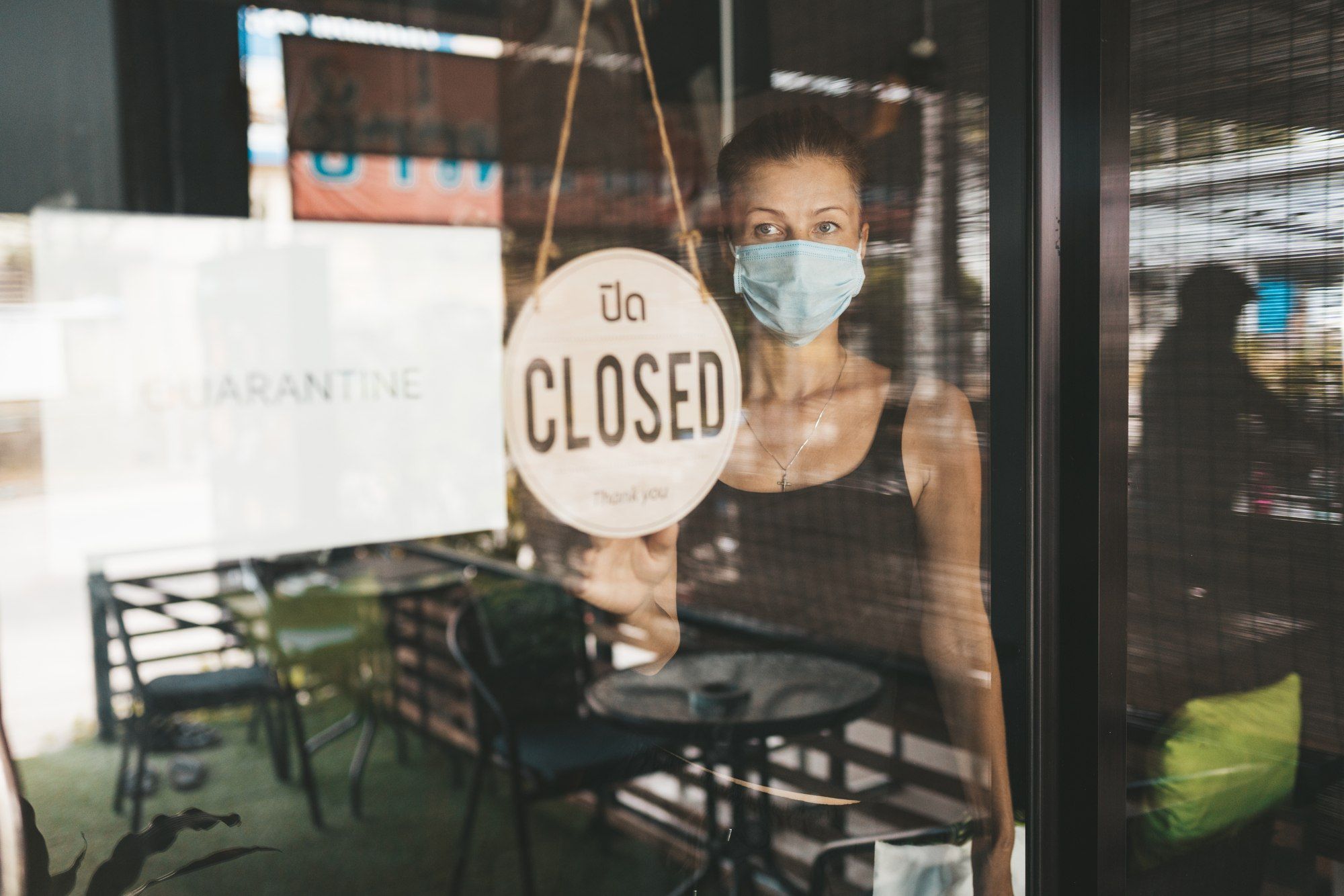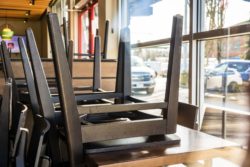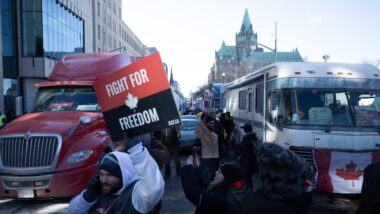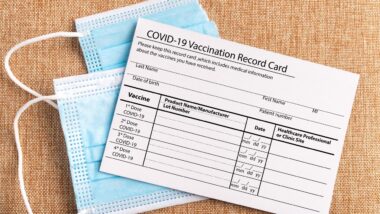Top Class Actions’s website and social media posts use affiliate links. If you make a purchase using such links, we may receive a commission, but it will not result in any additional charges to you. Please review our Affiliate Link Disclosure for more information.
As Northern Ireland comes under tougher restrictions in an attempt to slow the growing spread of COVID-19, the government has announced a new business support scheme to help those struggling during the pandemic.
However, other support measures are coming to an end, so it’s important to know what help is still available.
Tougher COVID-19 Restrictions
Northern Ireland’s Department of Health recorded three more COVID-19-related deaths Monday, for a total of 936, according to a BBC report. Another 280 people have tested positive.
Overall, 50,064 cases of COVID-19 have been recorded.
Beginning Friday, all nonessential businesses in Northern Ireland will be closed until 11 December, the BBC reported.
Ministers said these new measures were Northern Ireland’s “best chance” of reaching the new year without needing further restrictions.
The Cabinet Office told the BBC ministers “recognised that people will want to see family and friends across the island of Ireland, and this is the subject of discussions with the Irish government.”
The government is still working on finalizing the scheme, including guidance on travel.
Business Support Scheme
After the new restrictions were announced, Finance Minister Conor Murphy revealed a business £35 million support scheme, which has already been in effect in Derry City and Strabane, according to the BBC.
Only businesses forced to close or restrict their use will be able to benefit from the support scheme.
Small businesses, those with a net annual value (NAV) of up to £15,000, will receive £1,600 every two weeks, the BBC reported. Medium-size businesses with an NAV between £15,001 and £51,000 will receive £2,400, and large businesses with an NAV of £51,001 or greater will receive £3,200.
Businesses that are ineligible for that support scheme may still be able to receive assistance as part of the Economy Department’s Covid Restrictions Business Support Scheme.
The scheme reportedly has a Part A and a Part B.
Part A is for businesses that are required to close or stop operation as a result of the government’s COVID-19 restrictions, but aren’t eligible to participate in another support scheme.
Such businesses include those whose operations are mobile, such as driving instructors or mobile hairdressers, the BBC reported.
Grant payments of £600 per week are available to successful applicants.
The application period for Part A began at the end of October.
Part B affects supply-chain business, the BBC reported.
These businesses are required to show they’ve been significantly affected by the COVID-19 restrictions in order to be eligible for support.
Businesses paying rates will receive grants based on the business’ net annual value, according to the BBC. Those that don’t could receive £300 per week.
There is also assistance available for those in the U.K. who are self-employed.
Under the Self-Employment Income Support Scheme, individuals can claim a taxable grant, the BBC reported.
This will be the third such grant that has been made available.
It will cover the November-to-January period at 80% of average trading profits, with a limit of £7,500.
The application period for this third grant opens 30 Nov.; self-employed individuals aren’t required to have applied for the first or second grant to be eligible for the third.
Support for Individuals
Unfortunately, people such as the newly self-employed or freelancers will not be eligible for those support schemes, according to the BBC.
The good news is there are still measures in place that can offer relief for Northern Ireland residents.
A voucher scheme that’s still being ironed out will issue pre-paid cards to individuals, not to households as was previously understood, the BBC reported. Each eligible person could receive between £75 and £100.
The Department for the Economy said the scheme is intended to support brick-and-mortar retail stores affected by COVID-19 restrictions.
About 1.1 million people may be eligible to receive the pre-paid cards, suggesting age may be a factor in determining who is issued a card.
The pre-paid cards can be used in shops, but not for online purchases.
Furloughed employees will be able to receive up to 80% of their wages, with a maximum of £2,500 a month.
The government has said it will re-examine the furlough policy in January.
In addition, energy bills will remain capped into the new year for around 15 million homes in the U.K.
Last year, households saved a total of £1 billion last year thanks to the energy cap. That works out to an annual savings between £75 and £100 for an average household using the standard dual fuel tariff.
Will these schemes help you out during the pandemic? Let us know your thoughts in the comment section below.
Check back daily for the most recent U.K. class action lawsuit and consumer protection news.
ATTORNEY ADVERTISING
Top Class Actions is a Proud Member of the American Bar Association
LEGAL INFORMATION IS NOT LEGAL ADVICE
Top Class Actions Legal Statement
©2008 – 2024 Top Class Actions® LLC
Various Trademarks held by their respective owners
This website is not intended for viewing or usage by European Union citizens.
















